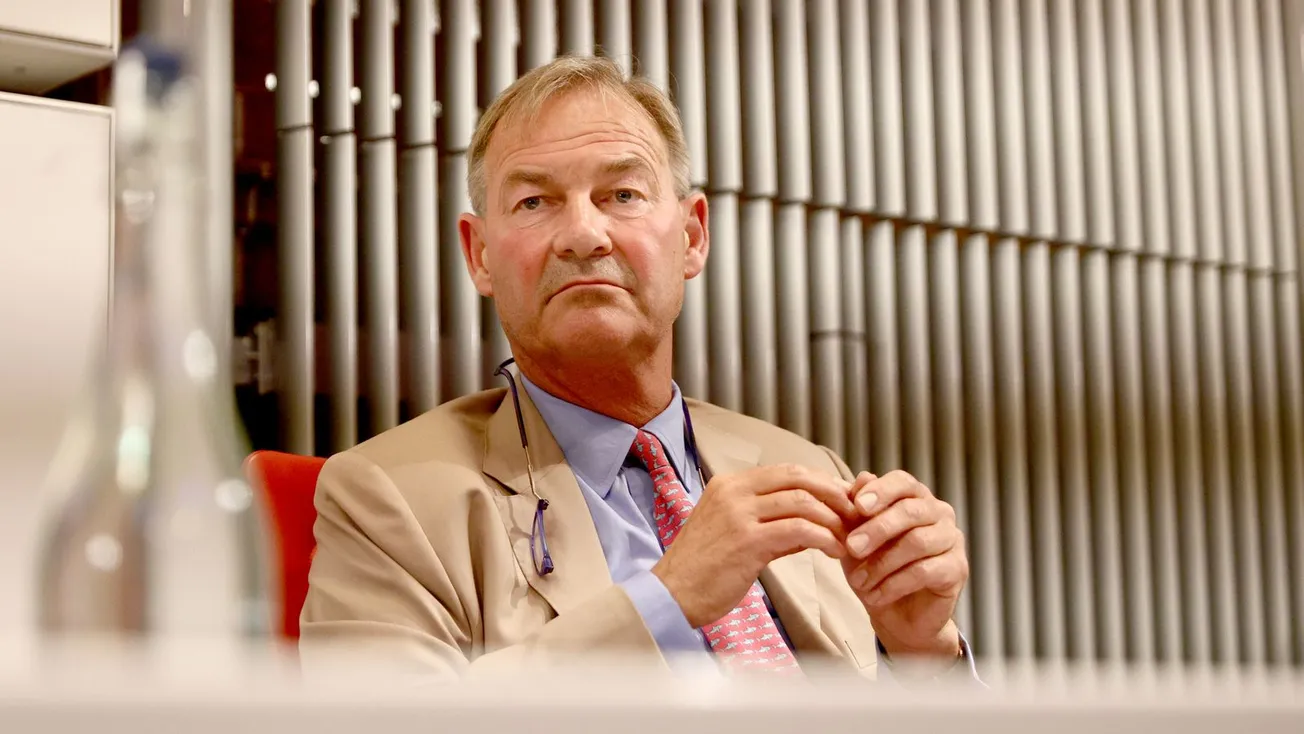Table of Contents
23 January 2025
What is happening in the UK at the moment seems to be either monumental incompetence by the Labour Government or part of a vast and cunning plan.
If it is part of a cunning plan, then none of this was revealed in the pre-election manifesto, which would indicate that it was either planned and hidden. Or maybe the government is just winging it and being reactive.
YouGov recently carried out a poll asking: who would you vote for if a general election was held tomorrow?
Results: Labour 25 per cent, Reform 24 per cent, Conservatives 22 per cent, LibDems 14 per cent, Green eight per cent, SNP three per cent, Plaid Cymru one per cent and others two per cent.
The results come six months after the 2024 general election which saw Keir Starmer put into power with a landslide majority, albeit on a low share of the vote. Only a slim majority of Labour’s voters continue to say that they would back the party in another election (54 per cent), with their former supporters peeling off in all directions. Labour has lost seven per cent of its 2024 voters to the Lib Dems, six per cent to the Greens, five per cent to Reform UK and four per cent to the Tories, while a further 17 per cent say they don’t know who they would vote for currently.
The results make for particularly grim reading for Kemi Badenoch, who must wrest momentum away from Reform UK in order to prevent Nigel Farage’s party from supplanting the Tories as the perceived official opposition.
While Badenoch may have hoped that her positioning would bring Reform UK defectors back into the fold, our results show that just four per cent of those who voted for Reform UK at the 2024 general election now plan to vote for the Conservatives – while at the same time the Tories have lost 15 per cent of their 2024 voters to Farage’s party.
yougov.co.uk
In a poll from Findoutnow the following responses were noted:
|
27th
Nov |
4th
Dec |
11th
Dec |
8th
Jan |
15th
Jan |
22nd
Jan |
(change
since first poll) |
|
|
Conservative |
27 |
26 |
23 |
20 |
25 |
23 |
-4 |
|
Labour |
25 |
23 |
26 |
25 |
24 |
22 |
-3 |
|
Reform UK |
22 |
24 |
25 |
25 |
25 |
26 |
+4 |
|
Liberal Democrats |
12 |
11 |
11 |
11 |
12 |
12 |
– |
|
Green Party |
9 |
9 |
9 |
11 |
10 |
10 |
+1 |
This confirms that Labour are in deep trouble, with the electorate displaying a high level of dissatisfaction with them. They won’t be too worried as they have four years and six months to the next election.
Just to stir the pot a little, it was revealed that one in 12 (8.3 per cent) residents of London are illegal immigrants and in some London regions 76 per cent of social housing residents were not born in the UK.
Another gem surfaced today; Britain is now spending more on incapacity and disability benefits (almost £65bn) than defence – and that figure is set to rise.
Meanwhile, the economy is taking a hiding.
The yield on a 10-year bond has surged to its highest level since 2008, while the yield on a 30-year bond is at its highest since 1998, meaning it costs the government more to borrow over the long term.
The pound has also fallen in value against the dollar over the past few days. On 7 January it was worth $1.25 but it has now fallen to just above $1.21.
But in the UK there are also concerns about the economy underperforming.
Inflation is at its highest for eight months – hitting 2.6% in November – above the Bank of England’s two per cent target – while the economy has shrunk for two months in a row.
Chancellor Rachel Reeves has pledged that all day-to-day spending should be funded from taxes, not from borrowing.
But if she needs more money to pay back higher borrowing costs, that uses up more tax revenue, leaving less money to spend on other things.
Economists have warned that this could mean spending cuts which would affect public services, and tax rises that could hit people’s pay or businesses’ ability to grow and hire more people.
The government has committed to having only one fiscal event a year, where it can raise taxes, and this is not expected until the autumn.
So, if higher borrowing costs persist, we may be more likely to see cuts to spending before that or at least lower spending increases than would otherwise happen.
Some people may be wondering about the impact of higher gilt yields on the mortgage market, particularly after what happened after Liz Truss’s mini-Budget in September 2022.
The Treasury has said there is no need for an emergency intervention in the financial markets.
It has said it will not make any spending or tax announcements ahead of the official borrowing forecast from its independent watchdog, the Office for Budget Responsibility (OBR), due on 26 March.
If the OBR says the chancellor is still on track to meet her self-imposed fiscal rules, then that might settle the markets.However, if the OBR were to
say because of slower growth and higher-than-expected interest rates, the chancellor was likely to break her fiscal rules then that would potentially be a problem for Reeves.
BBC 13 January 2025
The new price paid for the interest on government debt comes close to wiping out the headroom from the last huge tax and national insurance increases. One unreported fact from the last financial review is that the increase in minimum wage will increase the tax take from the lower and average earners, as their tax-free threshold has not risen in line with this wage rise. Again, this puts more pressure on business and practitioners in the insolvency sector are forecasting large rises in business failures this year.
All in all, a bleak outlook for the economy and the Labour Government is floundering.








